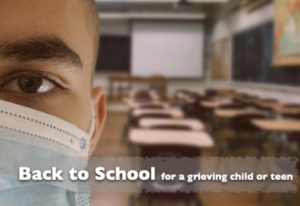Recently, there have been devastatingly sad stories in the news about youth whose lives came to a sudden, terrible end. Here in Canada, the young members of the Humboldt Broncos hockey team could not have imagined that their hopes for winning the Junior A championship would end in tragedy and death. Nor could their parents, siblings, extended family and friends have foreseen that the lives of these incredible young people would be cut short. The ripples of loss move outward, touching us all, whether we have a child of our own, we coach youth in a sport, we are teachers or youth mentors, are aunts, uncles, grandparents. Whatever our connection to a child or teen, the news of this tragedy feels shocking. It touches us deeply and makes us want to hug the child our own life a little tighter.And we should not ignore that beyond our own borders, there are children who have suffered and died from devastating events and war, as has happened in recent years in Syria and other countries. Their parents, siblings and community weep for their loss too.
We all tend to feel hopelessness in the face of the loss of a young person. There is no way to recover from our grief without going through it. By allowing ourselves the time and tears to sit with our grief, we pay homage to the youth who died and to our relationship with them. However, it is important to remember that there are things we can do to help make the grieving process go a little easier for ourselves and those we care about. In the case of the Humboldt hockey team, many of the people across our nation have found comfort by acts of expressing grief and connection to one another: hockey sticks and candles left at the front door of our homes; wearing our favourite hockey jerseys to work and school; financial donations and messages of support. These acts help us feel less alone in our own grief and empower us to do something however small the act, to feel a little less helpless in the face of such adversity.
Child Loss in Our Communities
At Lighthouse, we are continually touched and saddened to hear the stories about incredible children and teens whose lives have ended far too early. Every day, there are families in communities across our country who experience the death of a child. Parents must somehow find a way to live on, when their dreams and hopes for their deceased child have come to an end. Siblings are faced with a new reality as the the makeup of their family has changed drastically. Their normally busy, loud home turns painfully quiet and is filled with a feeling of emptiness. They may experience survivor guilt or have regrets about the relationship with their brother or sister. Members of the family may tend to protect one another from their own grief feelings and walk on eggshells, increasing the feelings of aloneness.
We can all make a Difference
We all have the ability to make a powerful and healing impact in our own communities, to support families who have experienced the death of a child. Comfort, Care and Connection are the keys to helping a family as they grieve. The following are some of the little things we can all do. Small acts can mean so much to parents and siblings who are grieving:
- Understand and respect that a child is always a member of a family, and no less so after they have died.
- Reach out to the family and don’t be afraid to say the words. Death makes us uncomfortable, However, reaching out to the family lets them know you truly care. Acknowledge the death and be open to the grieving parent or sibling talking about their loss.
- Don’t minimize their loss. Seeing another person in pain is hard, however minimizing loss makes a grieving family feel worse. You don’t have to know the perfect thing to say. Being present with them in their grief speaks louder than words.
- Offer concrete assistance. So many grieving parents won’t ask for help because they do not want to impose on others. While food donations can provide comfort, often practical help is what’s really needed. Ask the family what you can do for them, an make concrete suggestions.
- Don’t be Offended if they refuse your help right now. After the death of a child, parents and their other children often need time to huddle together, away from the rest of the world. Let them know that you will be there when needed.
- Keep in touch and check in, long after the funeral. Often grieving parents report that there was a flurry of people and activity during the funeral, then people disappear. Check in, send an occasional text or leave a note on the door to remind the family that they are cared about.
- Siblings grieve too. So often, the focus of support goes to the grieving parent, either because we forget that children and teens grieve, or because we don’t know how to support them. It is important to let the child or teen know that we are there for them too and take time to listen.
- Grieving Siblings need permission and encouragement to continue having fun. Distractions from mourning are normal and healthy. Offer to take the sibling on a fun outing. The grieving parents may want to come along, or they may choose to take a much-needed break for some self-care.
- Help build the memory bank of stories about the person who died. Share an interesting or funny story you have of the person who died with the family. By keeping the memory of the young person alive, it can be a comfort to parents that their child will not be forgotten.
- Don’t Judge. Just as we all have unique personalities, each of us grieves in our own way. Regardless how the person appears on the outside, know that they are grieving their loss in the way that is most helpful for them at this time.
- Be patient. Grieving parents and siblings may seem different than they were before the death, especially early on in their grief journey. Children may be more clingy, whining, distracted or unusually active. Teens may be irritable, brooding, or seem not to care about anything. Parents may seem to be in a fog, withdrawn, or easily frustrated. Your acceptance, patience and caring are all the more important.
- Understand and be sensitive to the fact that grief is a lifelong journey. Whether the death of a child occurred a week, two months or years ago, the family will grieve the loss throughout their life. We don’t get over our grief, we learn to live with it.
- Take Action. In Canada, a family is entitled to a minimum of only 3 days leave from their work under federal legislation. Just imagine this for a moment. If you agree that bereavement leave for the loss of a child should be longer, send a message to your MP.
Together, we as Canadians can support young grieving families and their children in our communities toward healing and strength.
Prepared by The Lighthouse Program








